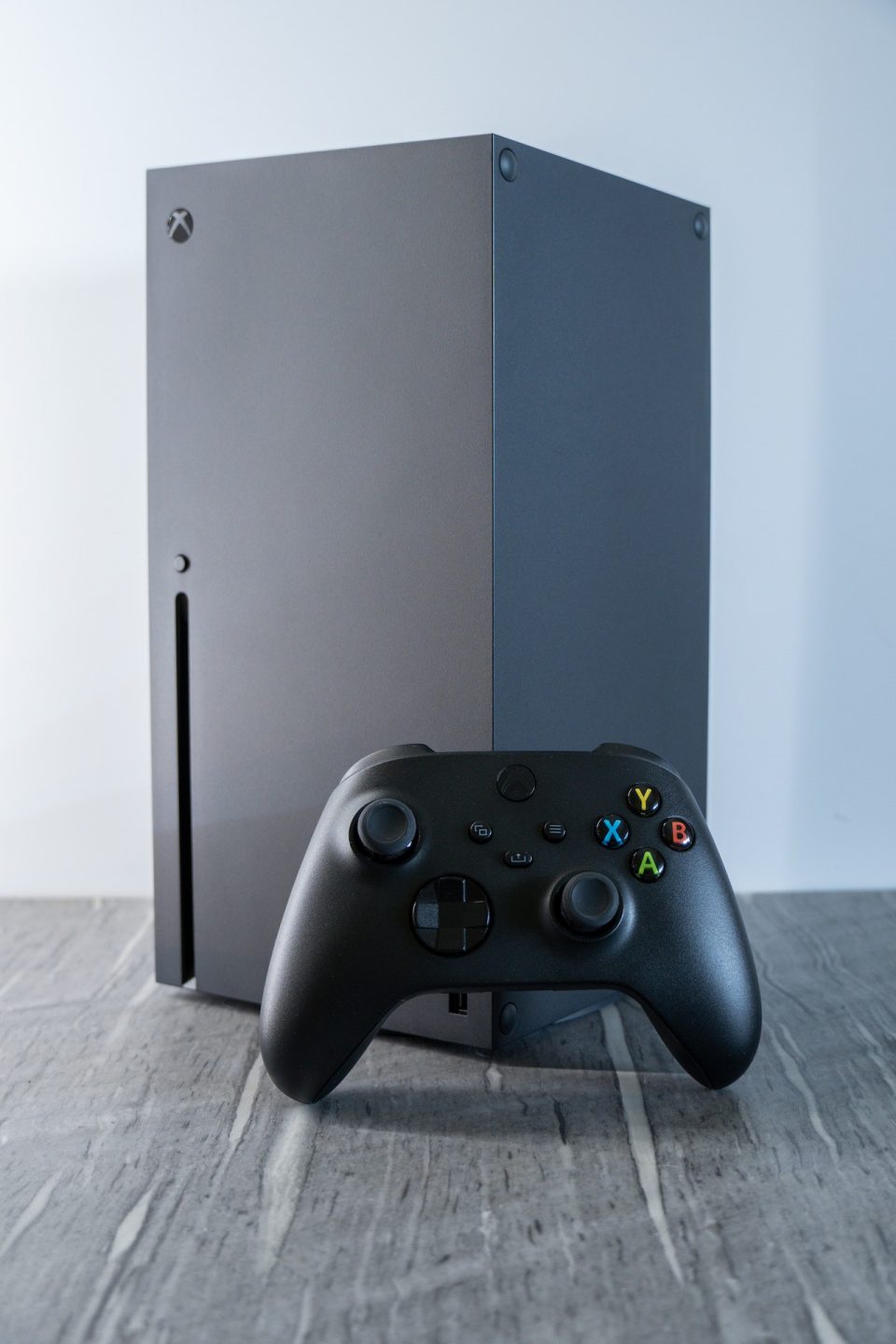Microsoft Corporation (MSFT) has announced a strategic overhaul of its $69 billion acquisition of Activision Blizzard Inc (ATVI) in an effort to surmount the final obstacle posed by the UK Competition and Markets Authority (CMA). This amended proposition, revealed in a blog post by Microsoft President Brad Smith on Tuesday, entails the transfer of Microsoft’s cloud streaming privileges for all forthcoming and existing Activision Blizzard PC and console games within the next 15 years to game publisher Ubisoft Entertainment SA.
Initially, Microsoft’s blueprint had stipulated exclusive authorization to license Activision games on operating systems other than Windows, coupled with exclusive availability on its own cloud streaming platform, Xbox Cloud Gaming. However, concerns articulated by the CMA regarding potential monopolistic control by Microsoft in the cloud sector prompted the regulatory body to oppose the merger.
Under the recalibrated arrangement unveiled on Tuesday, these specific rights would be relinquished, and Ubisoft would acquire the cloud streaming rights, with remuneration to Microsoft established through a combination of a “one-off payment” and a “market-based wholesale pricing mechanism.”
Microsoft is optimistic about finalizing the restructured accord and concluding the CMA review process within the 90-day extension period provided by the regulator. The extension was granted in July when negotiations were slated for reopening. International regulatory authorities including the European Union, Brazil, China, Japan, and South Korea have already granted their approvals for the merger. The looming deadline of October 18 adds urgency to the situation, as it is imperative for the merger to receive clearance by that date to proceed.
Activision Blizzard, a dominant player in the North American gaming industry, holds iconic franchises such as “Call of Duty” and “World of Warcraft.” If combined with Microsoft’s existing portfolio including titles like “Halo” and “Forza,” the merged entity would emerge as the second-largest home console manufacturer in terms of revenue, trailing only Sony, and the third-largest global gaming enterprise by revenue, positioned behind Tencent and Sony.
The UK’s CMA had articulated concerns that the proposed merger might stifle innovation and limit options for gamers in the United Kingdom over the long term. Both Microsoft and Activision Blizzard are banking on the adjusted proposal’s success in surmounting this final regulatory hurdle, enabling the culmination of the acquisition.
Analysts speculate that this strategic reconfiguration demonstrates Microsoft’s willingness to navigate the intricacies of international regulatory concerns, showcasing its commitment to adhere to antitrust regulations and foster healthy competition in the gaming industry. The outcome of this recalibrated deal holds significant implications for the gaming landscape, as the union of these industry giants could reshape the competitive dynamics for years to come.
Investors, industry stakeholders, and gamers alike now await the outcome of the revised proposal’s journey through regulatory scrutiny. The restructured deal not only signifies Microsoft’s strategic adaptability but also underscores the complex interplay between technological innovation, corporate consolidation, and the imperative of upholding fair market practices.
Source: Yahoo Finance

